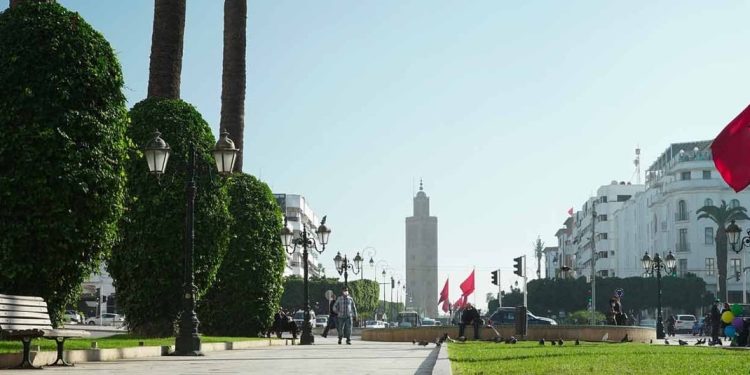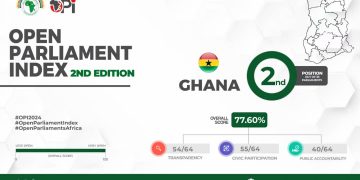Morocco: African Development Bank Approves Over €300 Million to Improve Competitiveness, Strengthen Resilience and Create Jobs
The Board of Directors of the African Development Bank Group has approved approximately €301 million to support Morocco’s economic resilience and drive job creation. The funding will back two key initiatives: the Entrepreneurship Support and Financing Programme for Job Creation (PAFE-Emplois) and the second phase of Economic Governance and Climate Resilience (PGRCC II).
With €181.8 million in funding, PGRCC II aims to boost the Moroccan economy and strengthen its resilience to external shocks, particularly climate change. It will support competitiveness, private investment and economic resilience by modernizing the water and energy sectors. This programme will also contribute to consolidating Morocco’s new development model, in particular by promoting investment under the new Investment Charter.
The PAFE-Emplois programme, backed by €119 million, will promote job creation by developing entrepreneurship and very small and medium-sized enterprises (VSEMEs). It will help establish a results-oriented culture, particularly in terms of employment impact. Its objectives are to support public support mechanisms for entrepreneurs, finance inclusive entrepreneurship, strengthen incentive mechanisms for VSEs and support innovative operational approaches to employment. This project will support the new roadmap for employment to promote job creation and entrepreneurship.
‘Together, these two new operations work in synergy and complement each other to strengthen their impact,’ said Achraf Tarsim, Country Manager for Morocco at the African Development Bank Group. They combine their objectives to consolidate the economy’s competitiveness, strengthen its resilience to shocks and boost investment and entrepreneurship. These are all levers for creating opportunities and jobs for young people and women. ”
For more than half a century, the African Development Bank Group has mobilised nearly €15 billion to finance more than 150 projects and programmes in the Kingdom. Its interventions cover strategic sectors such as transport, social protection, water and sanitation, energy, agriculture, governance and the financial sector.








